Satellite analysis technology will monitor soil conditions and sugarcane growth, thereby optimizing the type, amount and timing of fertilizer application, reducing the amount of chemical fertilizer applied to the soil.
Recently, Idemitsu Kosan Company (Japan), Lam Son Sugarcane Joint Stock Company (Lasuco) and Sagri Company (Japan) announced cooperation to implement the project of Reducing Carbon Emissions in Lam Son Sugarcane Raw Material Area, Thanh Hoa.
The project is a pilot project of regenerative agriculture in sugarcane fields cultivated by Lasuco and farmers under contract with Lasuco by applying advanced satellite analysis technology from Sagri, which monitors and reduces greenhouse gases such as nitrous oxide (N₂O) and increases carbon storage in the soil with the aim of registering carbon credits. The project is being piloted in 2025 and aims for commercialization in 2026.
The pilot phase of the project is planned to begin in 2025 on 500 hectares of farmland operated by farmers contracted by Lasuco, to practice regenerative agriculture. Satellite analysis technology will monitor soil conditions and sugarcane growth, thereby optimizing the type, amount and timing of fertilizer application, reducing the amount of chemical fertilizer applied to the soil.
This not only reduces nitrous oxide emissions from nitrogen-containing fertilizers, but also enhances soil carbon storage, contributing significantly to greenhouse gas emission reduction targets.
After the pilot phase, if the greenhouse gas emission reduction is large enough, the project is expected to officially operate commercially from 2026 and expand to 8,000 hectares. At the same time, the carbon credits generated will be registered under the “Improved Agricultural Land Management” method (VM0042) of Verra - the world's largest voluntary carbon credit certification agency. If successful, this will be the first project in Vietnam to be registered under VM0042.
The Vietnamese government aims to achieve net zero emissions by 2050, with greenhouse gas emissions reduction in the agricultural sector playing a key role. This project will contribute to the reduction of carbon in Vietnam’s agriculture, which can then be considered for replication in other carbon crediting projects involving other crops and regions in Vietnam and other countries.
According to Markettimes


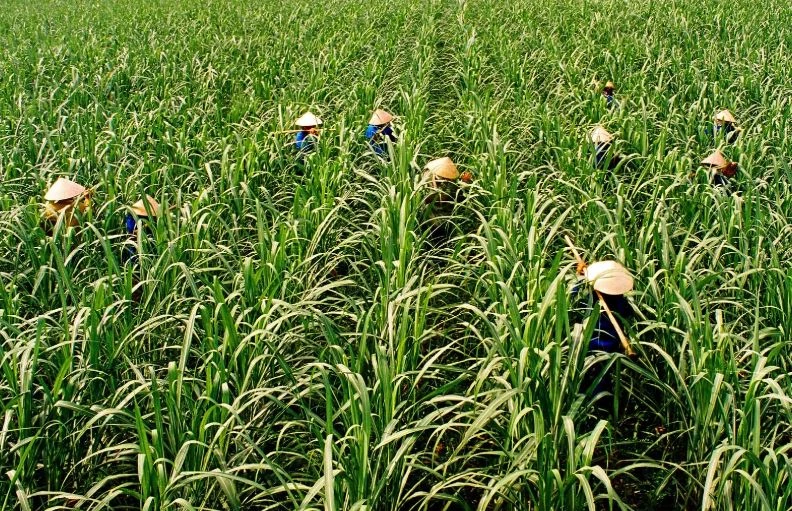






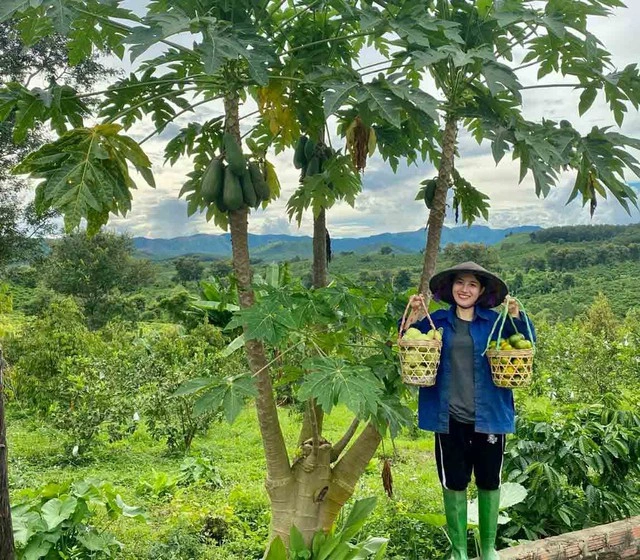

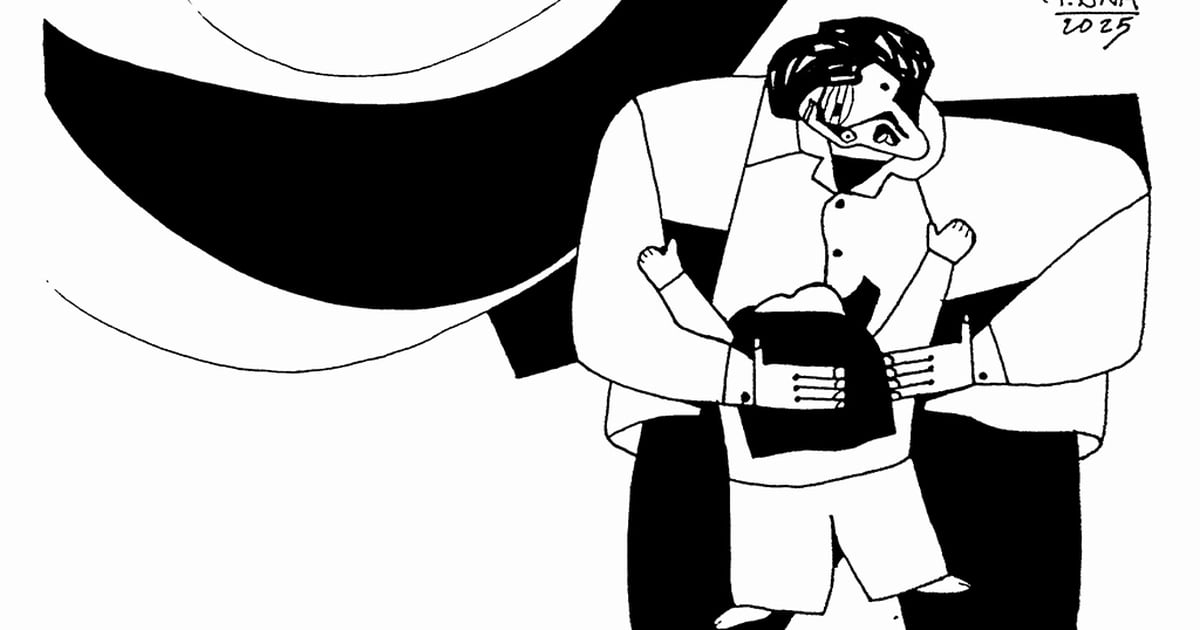

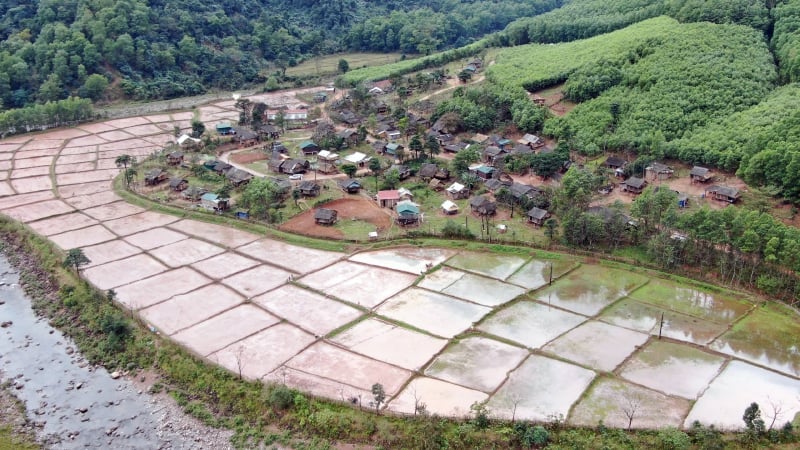
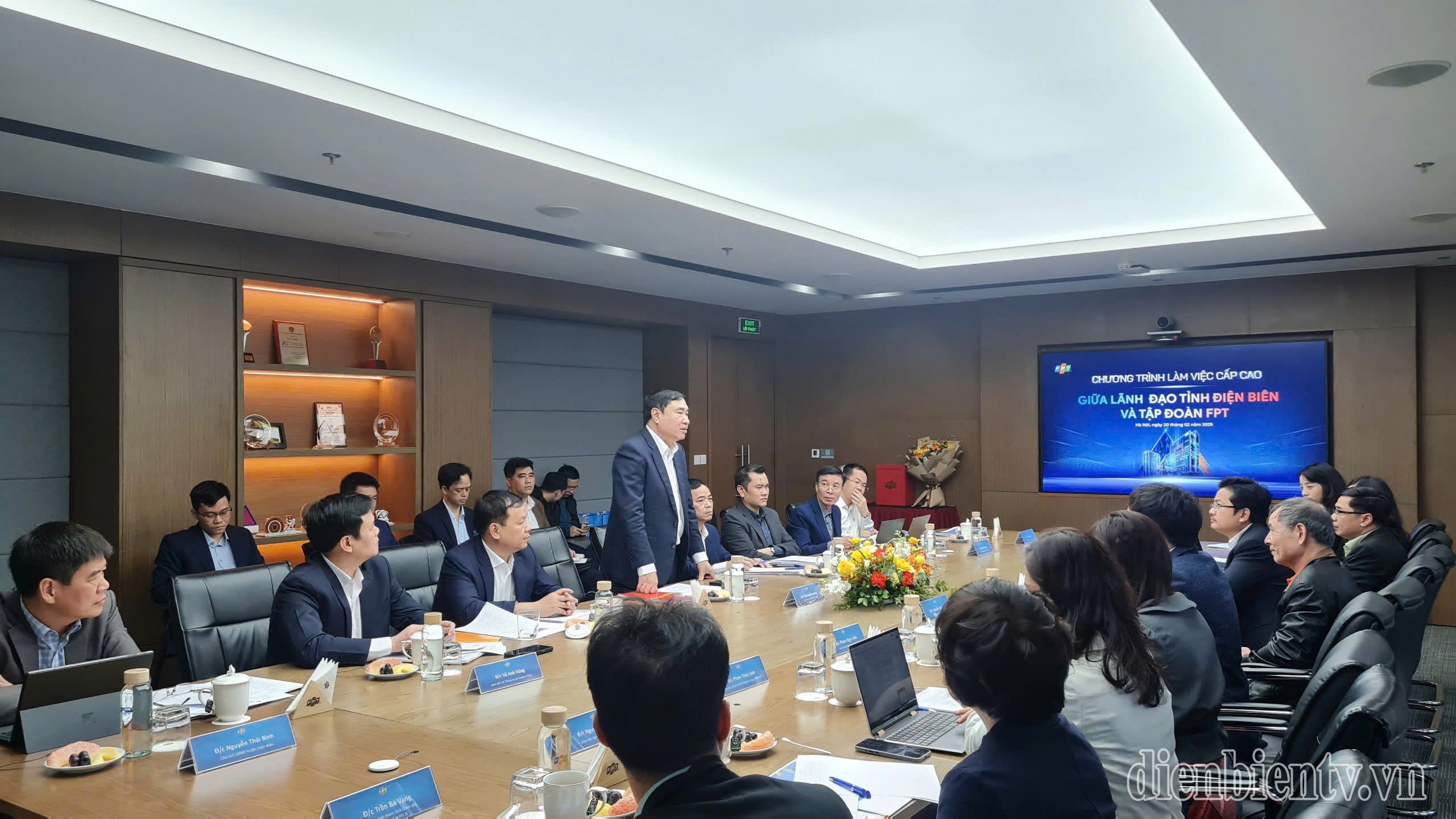

















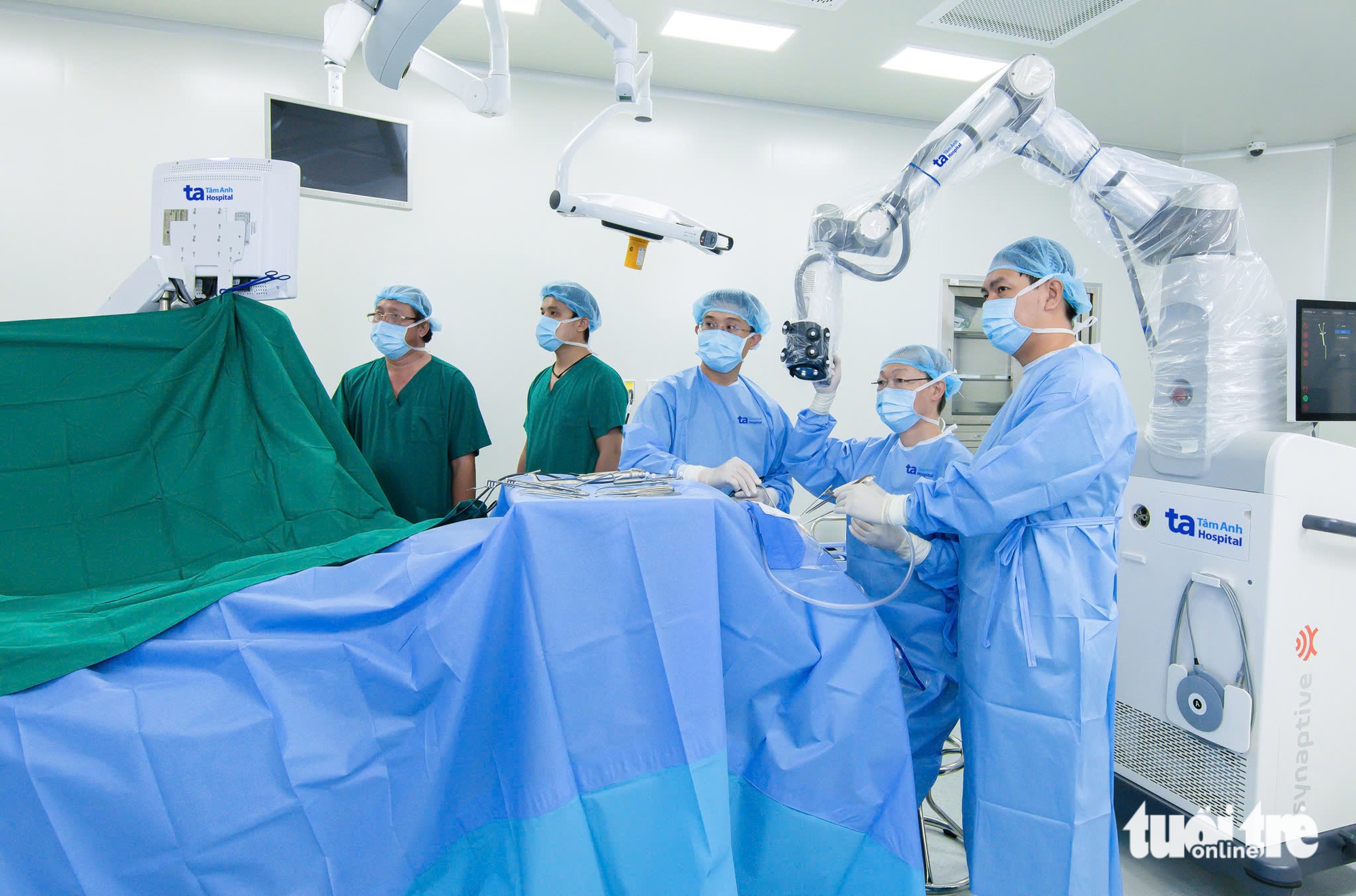

Comment (0)